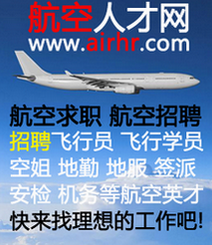直升机飞行教员手册 Helicopter Flight Instructor Manual
时间:2012-06-08 09:45来源:蓝天飞行翻译 作者:航空 点击:次
|
To view this page ensure that Adobe Flash Player version 9.0.124 or greater is installed. ? Safe landing area ? Lookout ? Wind velocity Teaching Points State the airspeed and RRPM for maximum range and VNE in autorotation. Point out the increase in rate of descent, as appropriate to type. Extending the range Point out that there is no benefit from exceeding the manufacturer’s recommended maximum range speed, and that exceeding autorotational VNE will result in drastic rotor RPM decay. Describe the procedure for entering and maintaining maximum range autorotation, as appropriate to type. Point out that it is advantageous to reduce the airspeed to minimum rate-of-descent speed as early as possible in order to reduce the rate of descent to more desirable proportions. Describe the technique for carrying out a touchdown from a maximum range approach, as appropriate to type. Reducing the range Explain that there are two methods of reducing range in autorotation: reducing airspeed, and turning. Describe the procedure for entering and maintaining an autorotation at low airspeed. Point out the hazards associated with a zero-airspeed autorotation owing to excessive rate-of-descent and controllability problems. Explain that it is preferable to maintain at least some indicated airspeed (10 to 20 knots) and accept the resulting ground speed. Describe hazards associated with negative airspeed. Stress the need to increase airspeed to the minimum rate-of-descent speed as soon as possible, in order to reduce the rate of descent to manageable proportions. Turns Describe how to shorten the range in autorotation by means of turning. State the average altitude lost in a 180° and 360° autorotation. Explain that an autorotation following an actual emergency will often involve several changes of airspeed and direction in order to arrive at the selected landing point. Point out that this requires both skill and judgement, which will come only with frequent practice. |


